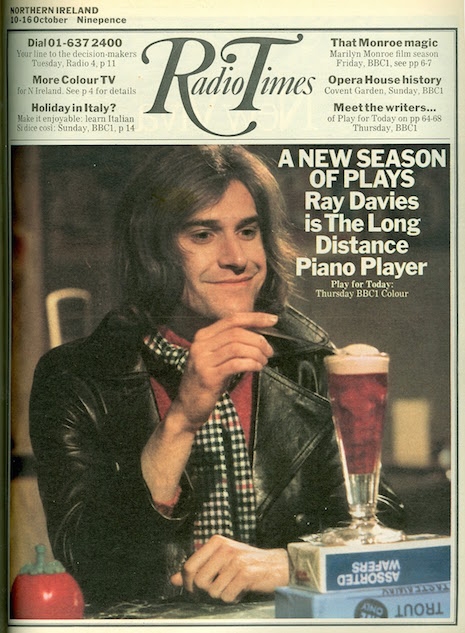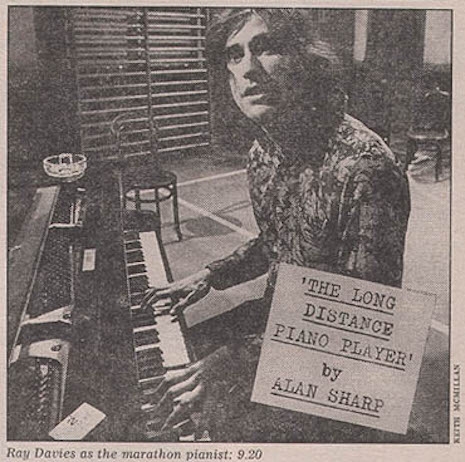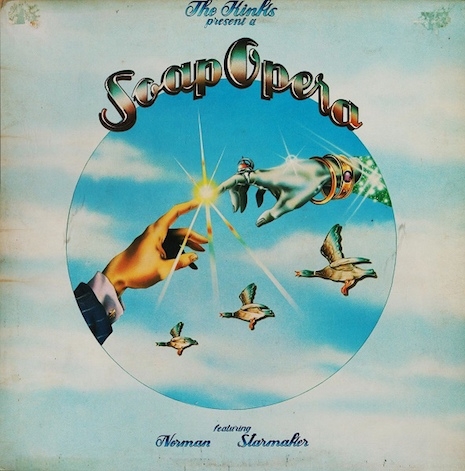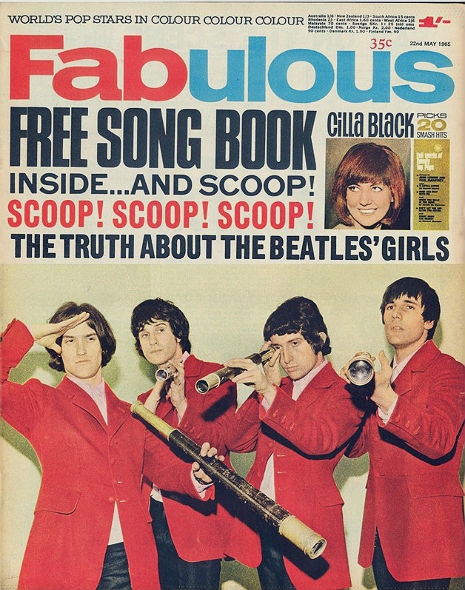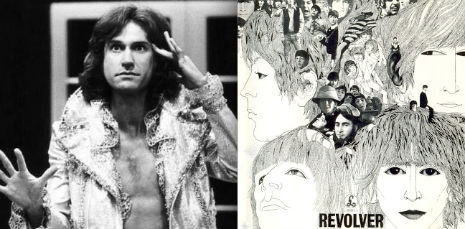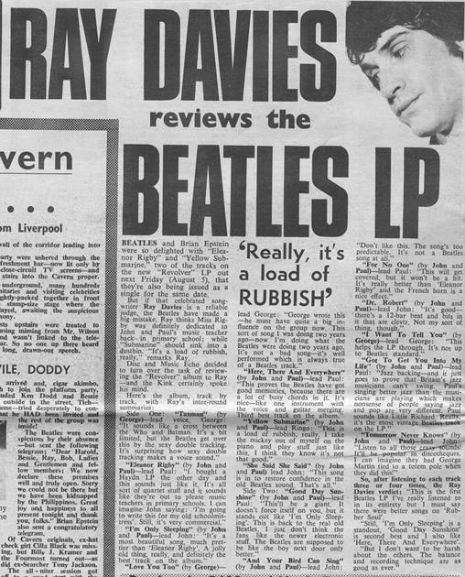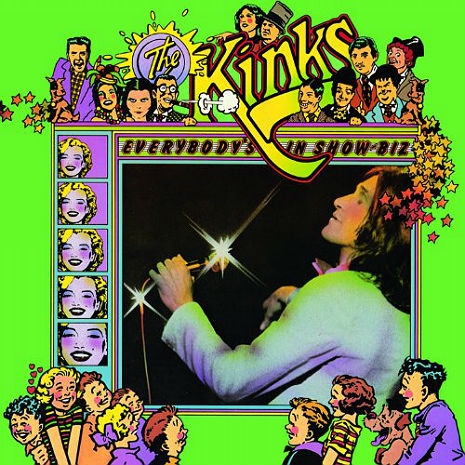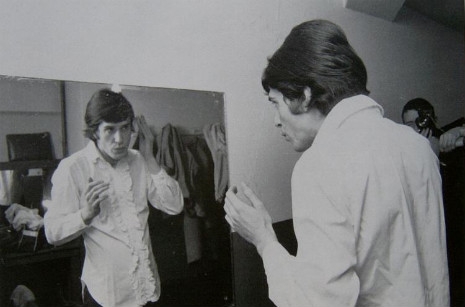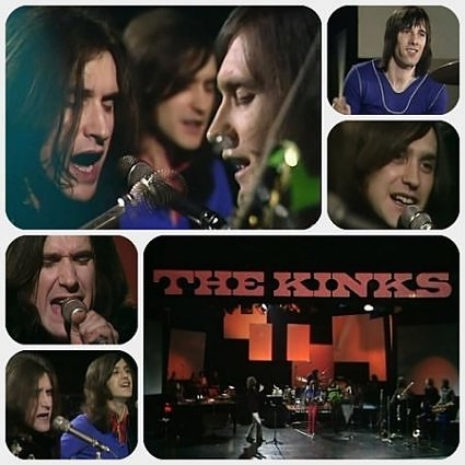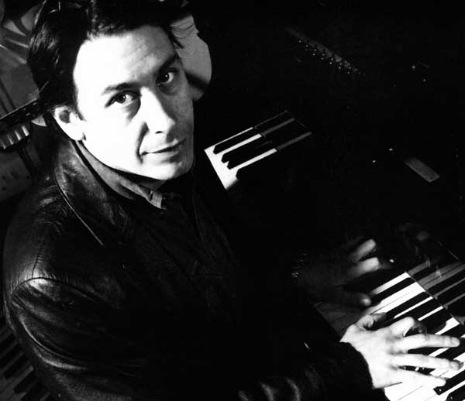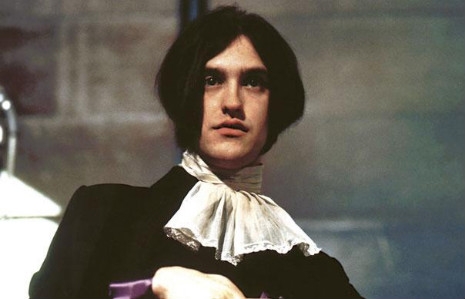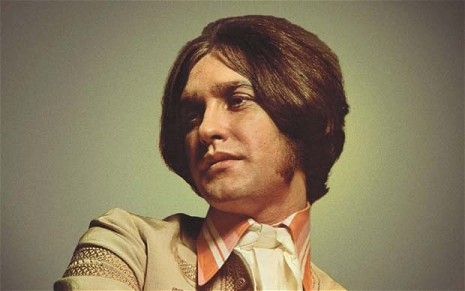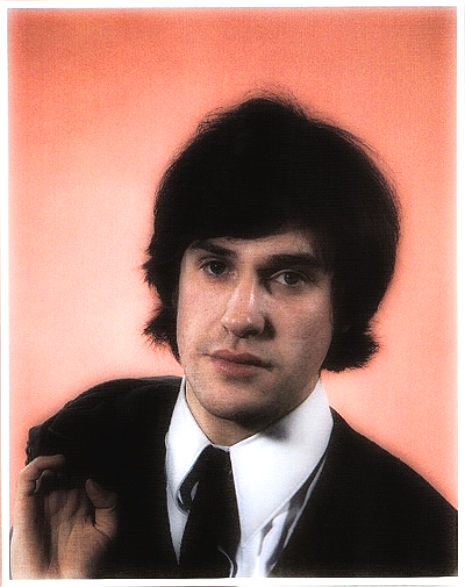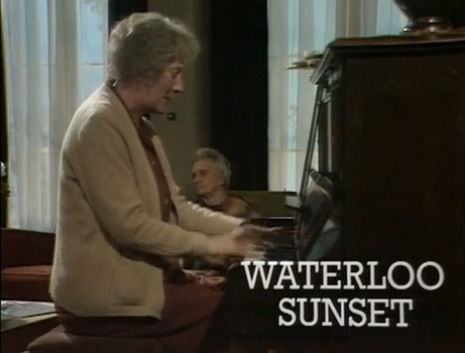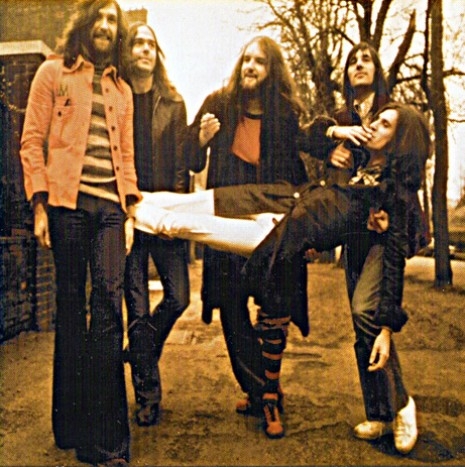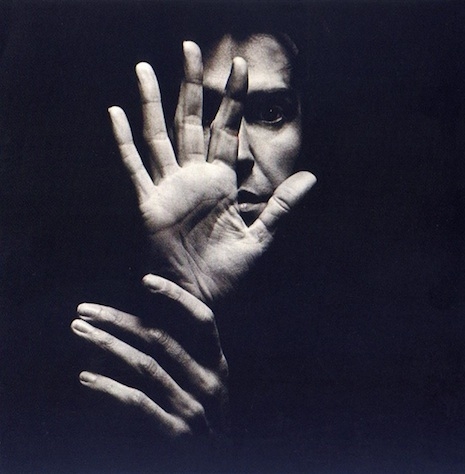
1973 was not a good year for The Kinks. Personal problems, changes in line-up and a whole shift in the music scene led Kinks frontman and main songwriter Ray Davies to question what he was doing with his life. In June of that year, Davies’ wife Rasa left him taking their children with her. It sent Davies into a major depression.
During the band’s headline concert in July at the White City Stadium in London, Ray Davies announced from the stage he was quitting the band. According Roy Hollingsworth in his review of the gig for music paper Melody Maker:
Ray Davies should never have been at London’s White City Stadium, on Sunday. Physically, and more important, mentally. Davies was in no fit condition to play. And in no fit condition to stand on a stage and say that he was quitting, He was a man neck-high in troubles, and when he shouted “I quit,” he should have shouted “Help!”
Ray looked frightening in dark glasses for the sun wasn’t shining … He was a wreck that evening … Davies swore onstage. He stood at the White City and swore that he was ‘F—ing sick of the whole thing … Sick up to here with it … and those that heard shook their heads.
After this tirade, Ray walked across to his brother, guitarist Dave, kissed him on the cheek and exited the stage. He then collapsed from a massive overdose of “valium.” According to Dave Davies this was the night Ray had “tried to top himself.”
I thought he looked a bit weird after the show—I didn’t know that he’d taken a whole bloody bottle of weird-looking psychiatric pills. It was a bad time. Ray suddenly announced that he was going to end it all—it was around that time that his first wife left him. … She’d left him and taken the kids on his birthday, just to twist the blade in a little more. … I think he took the pills before the show. I said to him towards the end that he was getting a bit crazy. I didn’t know what happened—I suddenly got a phone call saying he was in the hospital. I remember going to the hospital after they’d pumped his stomach and it was bad.
During his recuperation in hospital Ray spent much of his time listening to Gustav Mahler’s Second Symphony The Resurrection—the story of one man’s redemption and resurrection after death, which Ray described as “a moving piece of music.” It made him think about taking the band in a more theatrical direction.
When Dave came to visit him, Ray told his brother he no longer wanted to just be a rock band but “wanted to explore the idea of rock theatre, something no one else had really done before.”
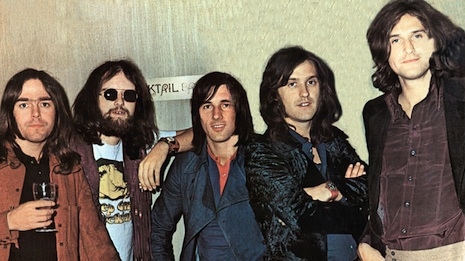
In many respects this idea—or concept albums similar to this idea—exactly what The Kinks had been experimenting with since The Kinks Are the Village Green Preservation Society in 1968, and had continued with in Arthur (Or the Decline and Fall of the British Empire) (1969), Lola Versus Powerman and the Moneygoround, Part One (1970), Everybody’s in Show-Biz (1972) and Preservation Act 1 in July 1973.
Out of hospital, Davies returned to the band and started mining his “rock theatre” idea with Preservation Act 2 (1974), Soap Opera—which was made into a TV musical extravaganza Star Maker (1974), and Schoolboys in Disgrace (1975). Though each of these albums has its merits—and all deserve considerable reappraisal—they performed poorly in the charts and did little to keep The Kinks relevant with a younger audience. In hindsight, none of this matters much as the quality of the songs and Ray’s ideas have outlasted the fickle fancies of pop fashion. However, the Kinks’ record company was not impressed and demanded that the band’s next album had to be a stand alone traditional collection of good songs—as if such a thing can be ordered to suit.
In 1976, Davies therefore started writing a non-concept album Sleepwalker, which was released in February 1977. Though the songs still reflect Davies’ own preoccupations—the title track dealt with the singer’s insomnia after moving to New York—it was the first album to give The Kinks a top fifty placing since the singles “Lola” and “Apeman” in 1970.
Sleepwalker was generally well received—Melody Maker said the record was “the group’s strongest and most organised album in years” which:
...emphatically testifies to the dramatic artistic revival of Raymond Douglas Davies, whose supreme talents as a writer have been so distressingly overlooked during the first half of this decade.
The Kinks showcase ‘Sleepwalker’ and more, after the jump…






